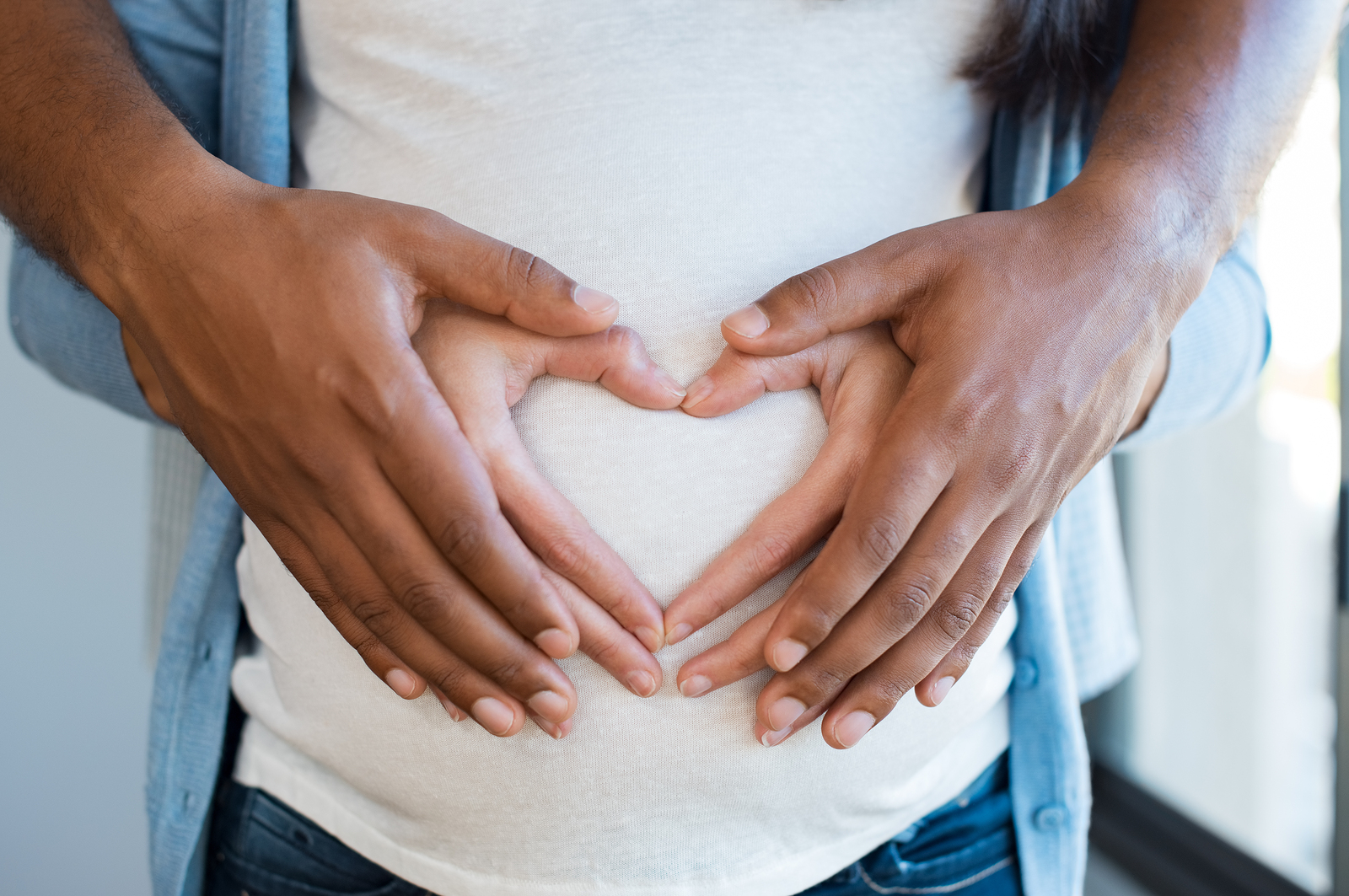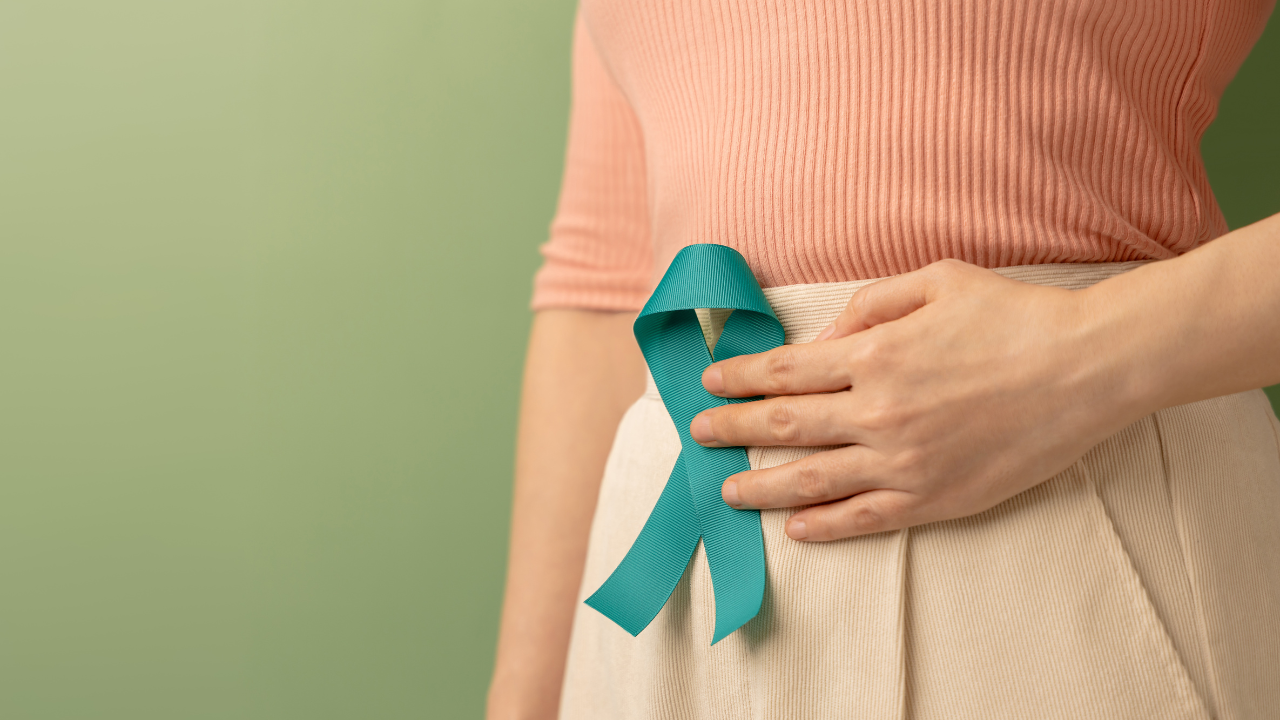Can you love someone you’ve never known?
In the case of a child lost by miscarriage, the answer is yes. Oh yes!
Maybe you didn’t know you were pregnant. Maybe you were being practical, waiting patiently for that three-month safe mark. Or maybe this was the longed-for, long-awaited child—and oh the joy and the sweet yearning.
Then, everything—everything—is gone.
It’s a kind of brokenness most wouldn’t understand unless they have actually experienced a miscarriage. “It’s tough,” said Dr. Amy House, a psychologist at Augusta University Health, “especially since our culture doesn’t have any rituals around pregnancy loss. But there is a sense of real loss there for women and families who have experienced it.”
For the woman, it’s real
Many of us wait until a pregnancy is three or more months along before announcing it. It’s protective in a way—who wants to have all the joy and celebration only to have to repeat the news of a miscarriage over and over again, if it happens?
But it can also be very isolating. “You can end up not getting the support you need because it’s an invisible loss,” said House.
And whether or not you believe life begins at conception, you might tell yourself that the miscarriage isn’t a big deal, that it wasn’t like you had a baby already in your arms, that you can try again. Those arguments, though perhaps logical, often feel empty and painful in the face of so much emotion. “So one of the main things really is not to try to deny it or ignore it as a loss but acknowledge it among your family and circle of friends so that you can lean on that support.”
Funerals for miscarriage aren’t typical, unless a baby is lost at full term (although perhaps they should be). However, said House, it can be helpful to create your own ritual. One example is to put together a memory box to hold mementos of the child who was lost. Some examples include ultrasound images, an outfit or two, a blanket or a toy. Writing a letter to your little one can also help you express the love you didn’t get to pour out, and that too can be included in the box, along with a journal if you kept one during your pregnancy. “This can be your way of acknowledging something that was important to you and that it was a real loss,” said House.
Know too that sadness—even sadness over a long period of time—is normal, especially if you have been trying to become pregnant for a while. So are anger, fear and anxiety about becoming pregnant again. “Some women want to try again right away, while others want to wait awhile, and both decisions are entirely normal,” said House.
For families experiencing miscarriage together, it’s important to remember that men and women don’t always grieve in the same way. Take the opportunity to share what each person is feeling. “The best thing is for couples to grieve together and turn toward each other for comfort,” said House. Support groups are also available—both online or locally through churches and other groups—so that women can talk to others who have experienced the same loss.
But also take note if your sadness or other emotions are getting in the way of your ability to function normally. If your relationship with your partner, other children or other family are suffering; if you’re missing days or are barely getting by at work or school; or if you aren’t doing any activities you used to enjoy regularly because you’re too upset, it may be time to seek out some professional help. Start with your OB/GYN, who may be able to refer you to a licensed therapist, psychologist or psychiatrist.
For everyone else
Miscarriage continues to be a “hush-hush” topic. Even if friends share they once experienced a miscarriage, there are expressions of condolences—but all too often, the subject is changed.
It’s so well-intentioned. No one likes to talk about death anyway, and miscarriage is an upsetting topic. The feeling is that you don’t want to upset the mother who’s lost a baby even further.
But then there are those who talk too much. “There can be a tendency to put a silver lining on it,” said House. “These are the people who say things like, ‘At least you know you can get pregnant,’ or ‘You can always get pregnant again.’ As well-intentioned as they are, those comments can be really hurtful because it seems to dismiss the pain and grief people are feeling.”
So what can you do? Just think about what you would do otherwise if a friend was grieving a loss. “Bring them a meal, show up, listen,” said House. “Show emotional support. And I think we can do a better job taking our cues from the woman experiencing the loss and if she’s grieving, just asking her what she needs.”





